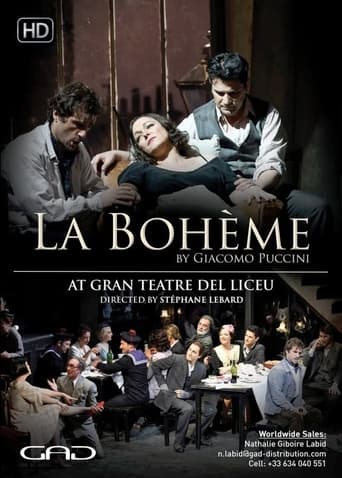
08 Jun 2016

La bohème - Liceu
No overview found
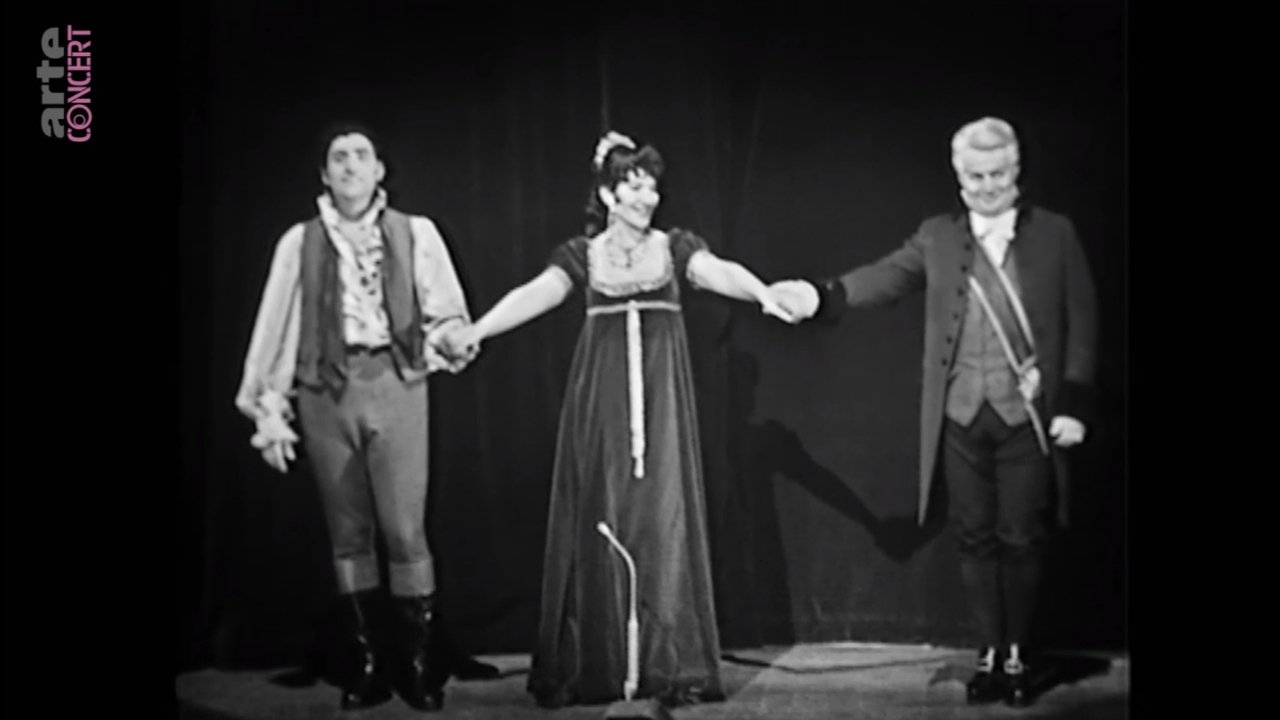
The Concert
At the beginning of 1964, the music world experiences something completely unexpected. Maria Callas returns to the opera stage as the prima donna. Her “Tosca” at the Royal Opera House becomes a sensation. Maria Callas wants to show everyone once again that she deserves the title of “prima donna assoluta.” On the condition that star director Franco Zeffirelli take over the direction, the exceptional singer agrees to sing the role of Tosca. The BBC recorded the 2nd act of the opera for television. It is one of the most dramatic acts in opera history: in order to free the painter Cavaradossi from the hands of torturers, Tosca ends up murdering the police chief Scarpia. The film footage is one of the rare opportunities to see Maria Callas in an opera performance and to experience her highly emotional performance art and vocal abilities...
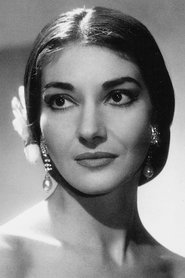
Floria Tosca
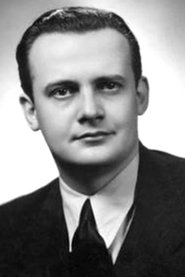
Baron Scarpia
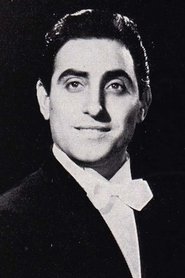
Mario Cavaradossi
Sciarrone
Spoletta

08 Jun 2016

No overview found
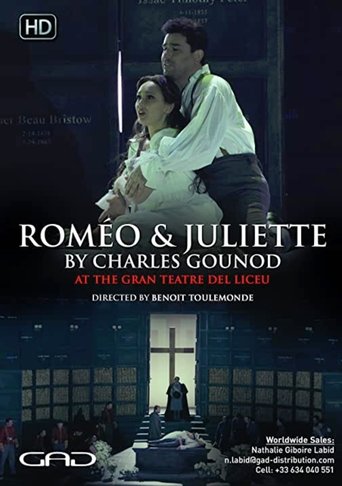
27 Feb 2018

No overview found
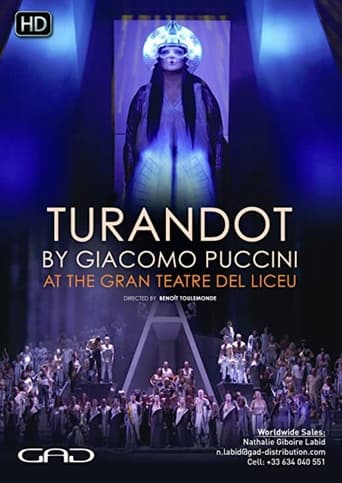
19 Sep 2020

No overview found

12 Mar 1976

The film is a parody of Disney's Fantasia, though possibly more of a challenge to Fantasia than parody status would imply. In the context of this film, "Allegro non Troppo" means Not So Fast!, an interjection meaning "slow down" or "think before you act" and refers to the film's pessimistic view of Western progress (as opposed to the optimism of Disney's original).

27 May 1987

Ten short pieces directed by ten different directors, including Ken Russell, Jean-Luc Godard, Robert Altman, Bruce Beresford, and Nicolas Roeg. Each short uses an aria as soundtrack/sound, and is an interpretation of the particular aria.
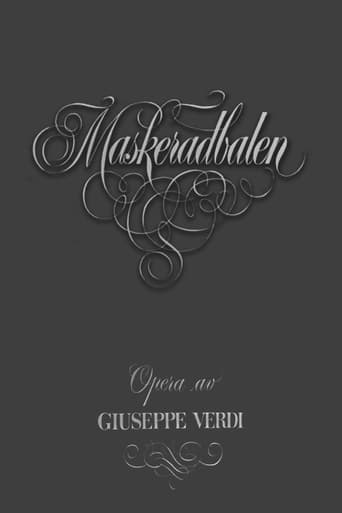
01 Jan 1965

Göran Gentele's production of Verdi's Un ballo in maschera premiered on television on New Year's Day 1965. Gentele's version is an adaptation in which some of the roles have changed names and locations. The opera is sung in Swedish, and the translation was done by Erik Lindegren.
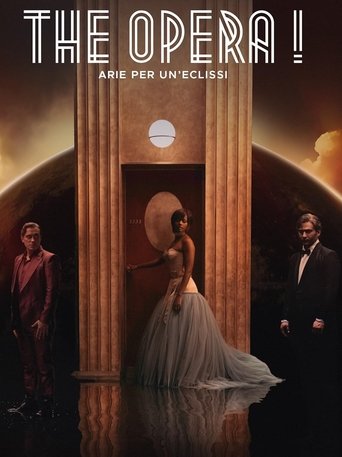
20 Jan 2025

A sudden gunshot shatters the dream of two lovers on their wedding day. The fate of Orpheus and Eurydice is cruel: on the very day they sought to seal their love, EurydiceΆs soul embarks on its journey to the underworld. Heartbroken, Orpheus embarks on a perilous journey to bring his beloved back from Hades. A journey that will lead the fearless hero to confront the depths of his emotions and face his greatest fears. This journey will take him through strange worlds and into encounters with some of the greatest musical pieces and arias in the history of music. Will love triumph over death?
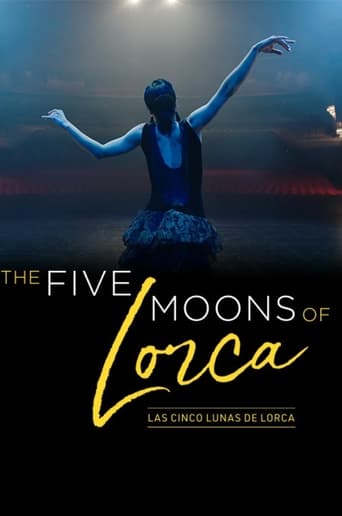
11 Dec 2020

A short opera about the assassination of poet and dramatist Federico García Lorca at the hands of Nationalist forces at the beginning of the Spanish Civil War.
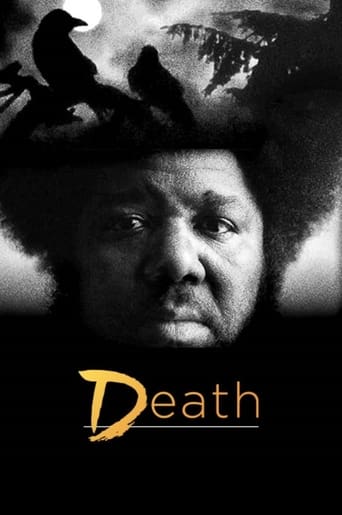
19 Feb 2021

An operatic film adaptation of the poem by Paul Laurence Dunbar of the same name.
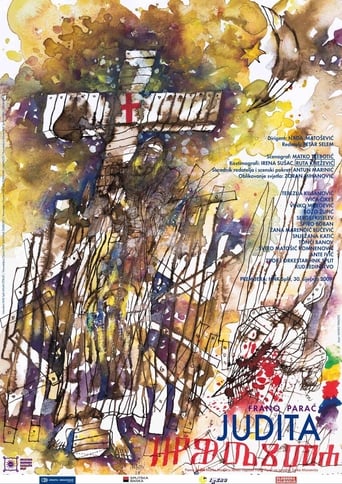
14 Jul 2000

Opera adaptation of Marko Marulić's epic poem "Judita" ("Judith"), composed by Frano Parać, with libretto by Frano Parać and Tonko Maroević. Premiered 14th July 2000 in HNK Split (Croatian National Theater Split).

21 May 2022

On May 21, soprano Nadine Sierra takes on one of the repertory’s most formidable and storied roles, the haunted heroine of Lucia di Lammermoor, in an electrifying new staging by in-demand Australian theater and film director Simon Stone, conducted by Riccardo Frizza. Show-stopping tenor Javier Camarena adds to the bel canto fireworks as Lucia’s beloved, Edgardo, with baritone Artur Ruciński as her overbearing brother, Enrico, and bass Matthew Rose as her tutor, Raimondo. This live cinema transmission is part of the Met’s award-winning Live in HD series, bringing opera to movie theaters across the globe.
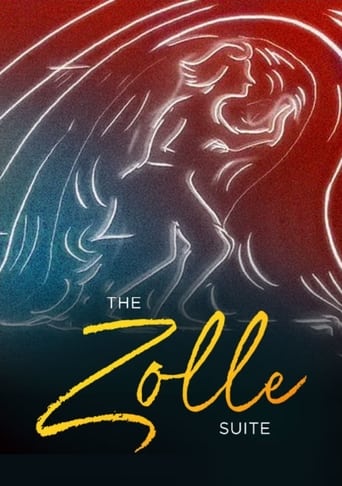
09 Jul 2021

A dead woman wanders through the shadowy space between memory and reality, tracing the lines of her identity through the land she once walked—an immigrant in death as in life.
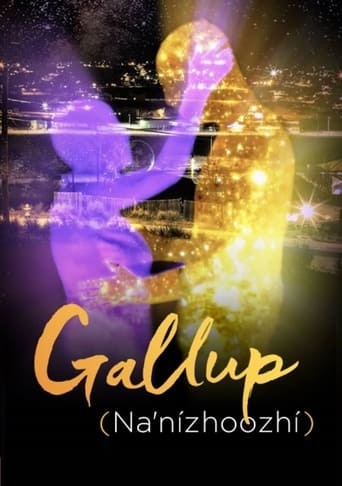
28 Mar 2021

Two mystical beings emerge from the scenery, embarking on a journey through Gallup— Na'nízhoozhí in the Navajo language— before melting back into the desert at nightfall.

13 Apr 1997

A Night in Tuscany is the first DVD released by Italian singer Andrea Bocelli of a concert held in his native Tuscany, in 1997, highlighting the unique blend of Classical, Pop, and traditional Italian songs that made him a crossover success as an internationally acclaimed tenor. The concert takes place at the Piazza dei Cavalieri in Pisa. Bocelli performs two opera duets with soprano Nuccia Focile during the concert, before singing Miserere with Italian rock star Zucchero, who discovered him, and Time To Say Goodbye with English soprano Sarah Brightman

26 Mar 1985

Live Metropolitan Opera performance March, 1985.
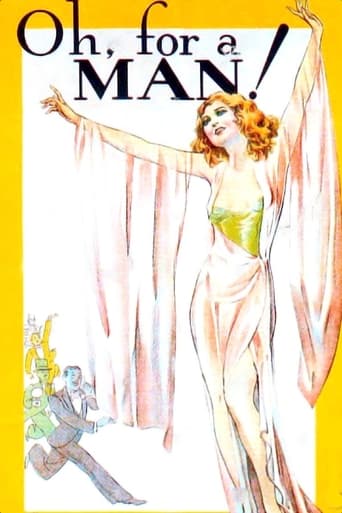
28 Nov 1930

Disenchanted opera star Carlotta Manson falls for ruffian cat burglar Barney McGann and gives up her career to marry him. But Barney grows disenchanted himself at being known as the husband of a diva and itches to get back to his life of crime and manliness.
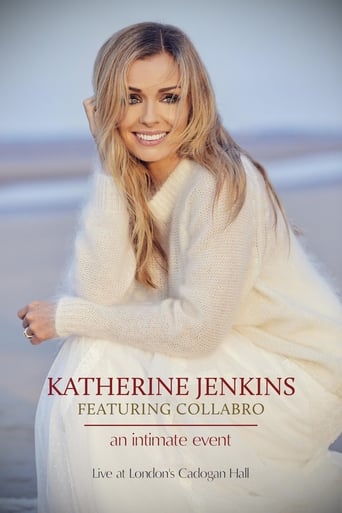
22 Jun 2015

Award winning singer Katherine Jenkins performs an intimate concert in London's Cadogan Hall, accompanied by special guests, Collabro. Performing for a small audience of invited guests, and accompanied by a 25-piece orchestra, the celebrated artists will sing the songs that have made them famous - a selection that includes classical, popular, and musical theatre numbers.
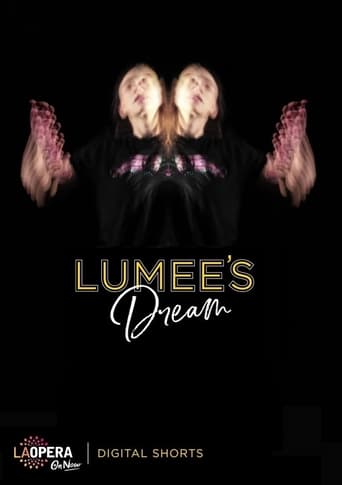
29 Jan 2021

Lumee, one of the two main characters (of the opera p r i s m), sings this aria while smoking outside a nightclub in the second act, providing a window into her selfish fantasies. Not a recorded section of the opera, but a companion piece meant to depict the character's imagined realities.
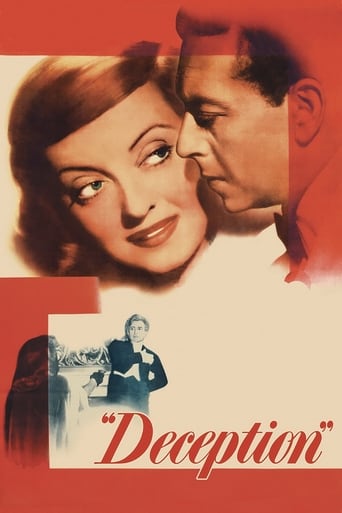
26 Oct 1946

After marrying her long lost love, a pianist finds the relationship threatened by a wealthy composer who is besotted with her.

07 Aug 2025

From the first steps of an emerging singer to the final bow of a celebrated soprano, 'PRIMADONNA OR NOTHING' follows three relentless women who sacrifice everything to be an opera star.